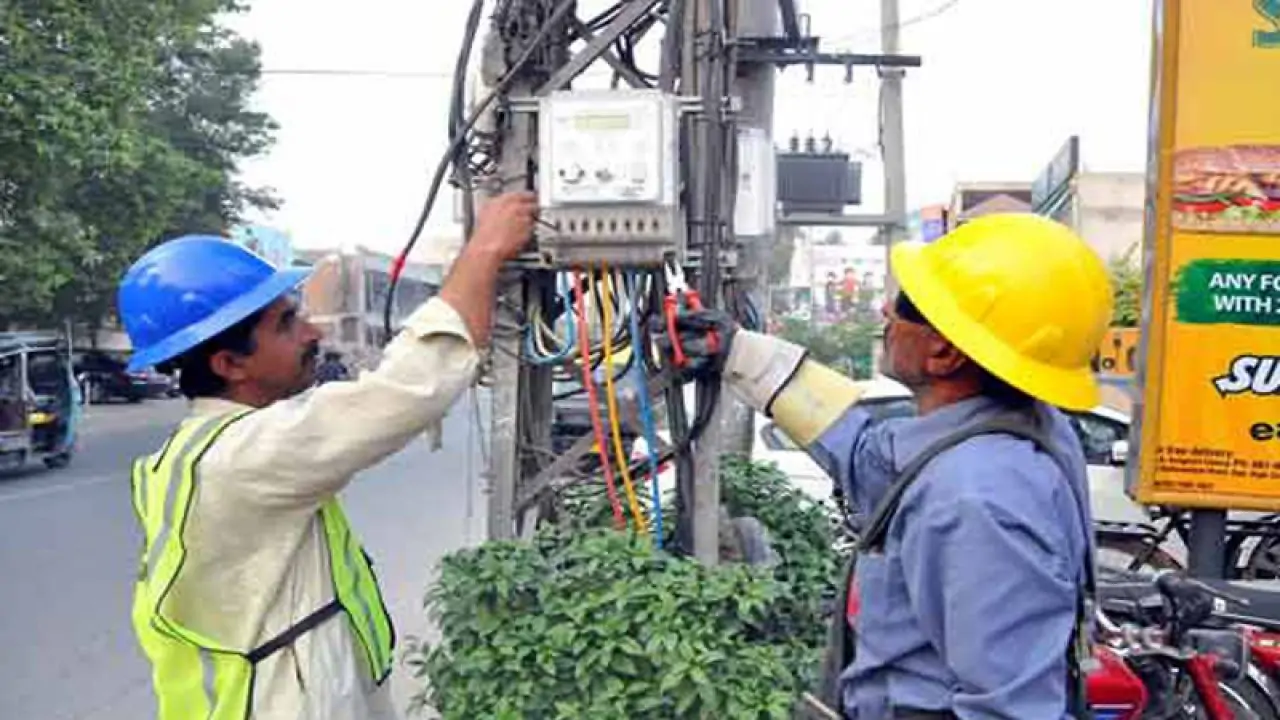Indian Oil Corp (IOC), the country’s largest refiner, is facing delays in shipments of Russian Sokol crude due to payment problems. The state refiner has an annual deal with Russian oil major Rosneft for various Russian grades, including Sokol. However, issues arise as IOC’s payments for Sokol oil are hampered by the inability of Rosneft’s unit, Sakhalin-1 LLC, to open a bank account in the United Arab Emirates (UAE) to accept dirham payments.
IOC, following the Indian government’s advice, settled oil trade with Russia in UAE dirhams after avoiding the use of the Chinese yuan. However, Sakhalin-1 LLC’s payment challenges have left Sokol cargoes floating around India and Sri Lanka, and the situation has prompted IOC to dip into its inventories and procure more oil from the Middle East.
The specific cargoes, including the NS Century, which was recently sanctioned by the US, were scheduled for delivery from late November to December. The delayed payments have become a concern for both suppliers and refiners, with hopes that a solution will be found soon. India has become the largest buyer of Russian oil by sea since European customers reduced purchases following Russia’s invasion of Ukraine.
India’s oil ministry informed a parliamentary panel that state oil companies are facing challenges in paying for Russian oil due to limitations in processing payments in US dollars for Russian oil. Indian refiners typically buy Russian oil on a delivered basis, utilizing a mechanism to pay in rupees for imports, including crude, due to challenges posed by Western sanctions.
Suppliers have expressed concerns about fund repatriation, high conversion costs, and exchange fluctuation risks, leading to discussions on additional transactional costs for accepting payments in rupees. The ministry also mentioned that Indian refiners are adhering to the $60 per barrel price cap imposed by G7 nations on oil at Russian ports. The delay in Russian oil shipments adds complexity to India’s energy procurement strategy amidst evolving geopolitical and economic considerations.



